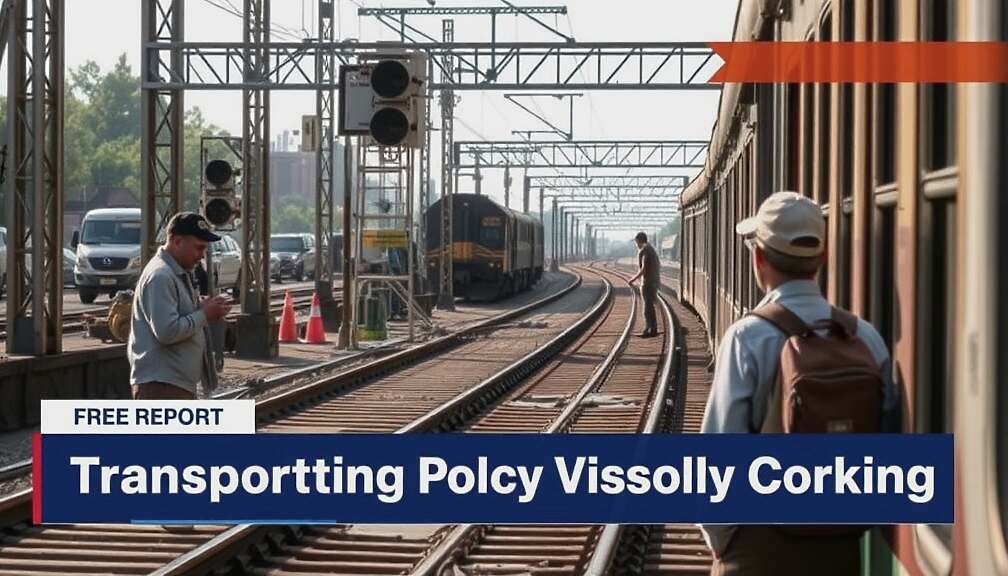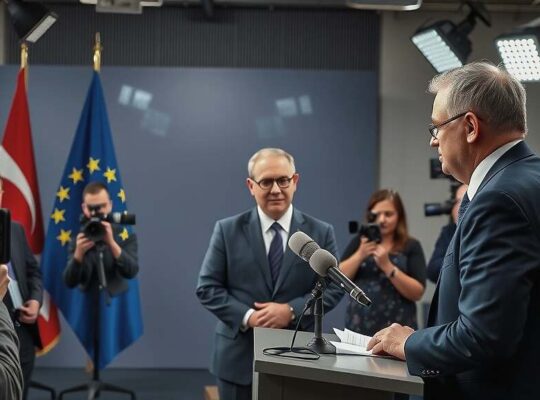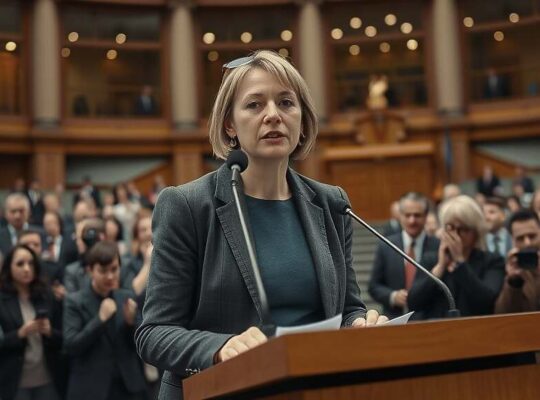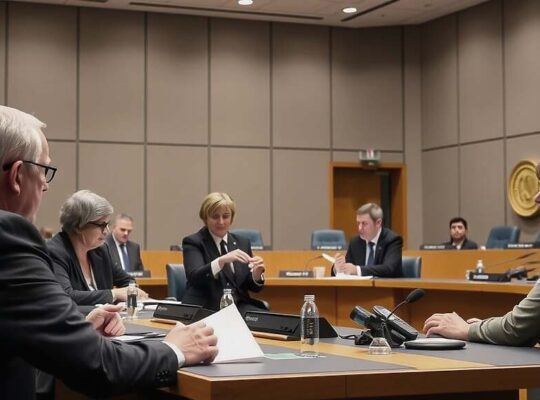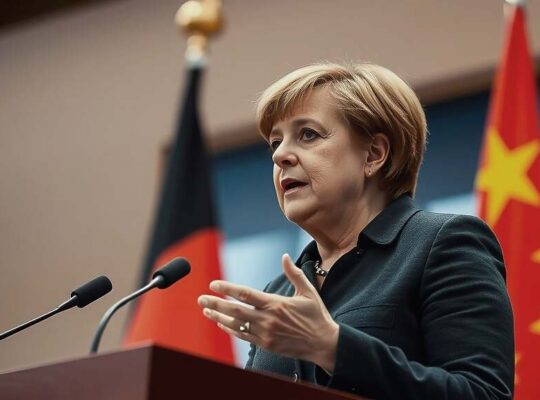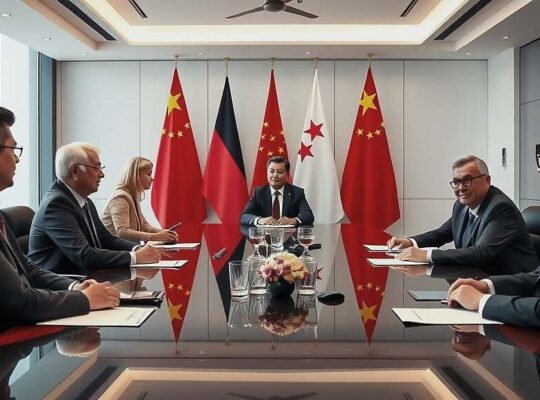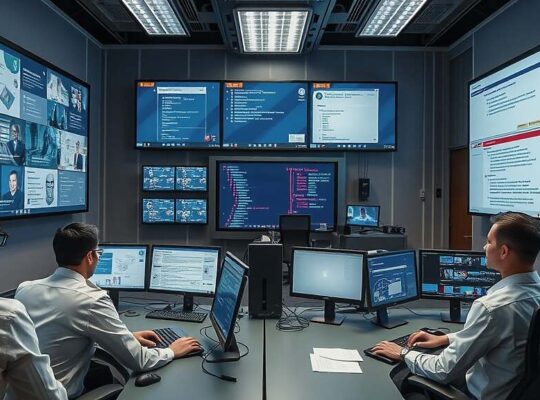Ahead of the presentation of the German government’s rail strategy by Transport Minister Patrick Schnieder next Monday, the IG Metall trade union has urged for a long-term financial commitment to the rail sector. Jürgen Kerner, Deputy Chairman of IG Metall, emphasized the necessity of a reliable and sufficient funding model extending beyond individual budget years to ensure planning certainty for the railway industry. This assurance is considered vital to encourage investment in domestic locations, expansion of capacity and job creation within the railway sector.
Minister Schnieder is scheduled to unveil plans for the reform of German rail services and the naming of a new CEO or CEO is expected to be included in the announcement.
Kerner stated that the shift towards sustainable transport should trigger a “job offensive” both in Germany and across Europe, but that this requires a re-evaluation of current procurement practices. He argued that public contracts and those awarded by Deutsche Bahn should not be solely based on the lowest purchase price, a common practice currently in place.
Instead, greater consideration should be given to social and environmental factors when awarding contracts, including a stronger emphasis on regional value creation.
Anton Hofreiter, Green Party representative for European Affairs, is advocating for an initiative to modernize the European rail network. Hofreiter criticized delays caused by the German rail system, arguing they damage Germany’s reputation across Europe.
He believes the time is right for a European infrastructure fund to invest in modern and interconnected rail links, facilitating efficient connections between major cities and bolstering European integration.
Hofreiter welcomed the upcoming unveiling of the new rail reform and the appointment of a new railway executive, expressing hope for concrete and innovative proposals that comprehensively rethink the entire system. This includes digitalizing the network and rolling stock, expanding capacity for both passenger and freight transport and ensuring the board of directors comprises individuals with a deep understanding of railway operations.


